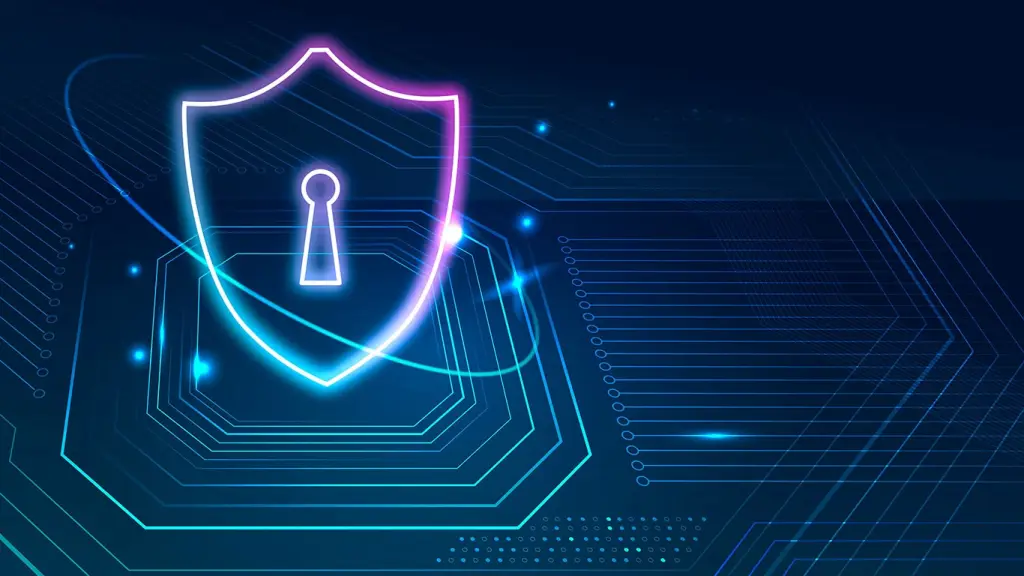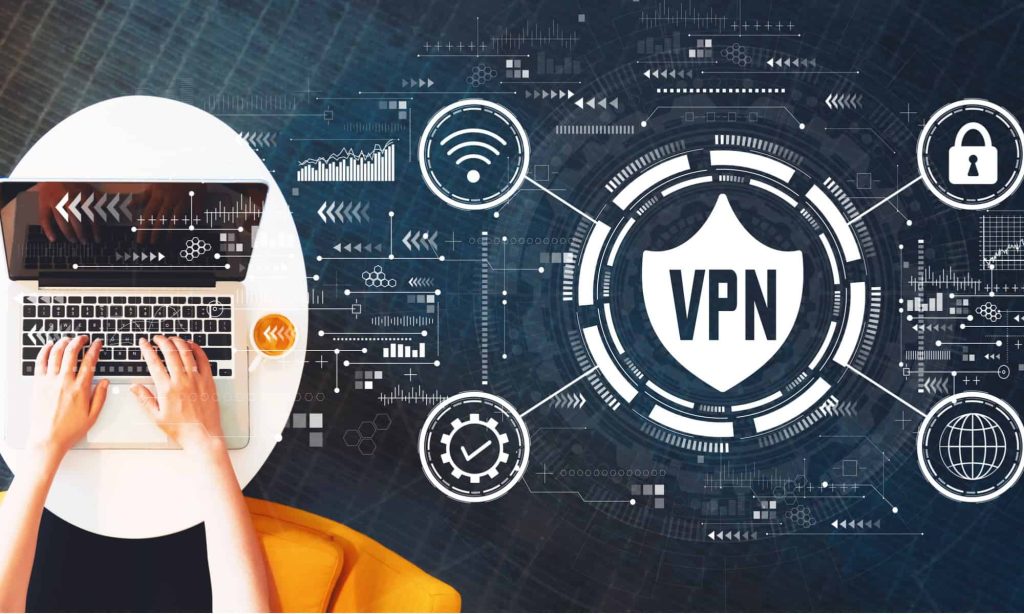A virtual private network (VPN) provides the best possible link between an individual and the web. When using a VPN to access the web, all the information is transferred over a secured digital channel. Reviews like this ExpressVPN review offer benefits:
- Thanks to the internetwork, you’ll be secure online, which keeps intruders and crooks at bay and makes the machine less susceptible to assaults.
What is a virtual private network (VPN)?
Let’s get down to fundamentals. The term VPN refers to a VPN service. When you use the network, the machine constantly shares data with other entities on the online platform. A VPN establishes a secure connection with any browser and the website (for example, a cellphone or workstation).
The VPN helps communicate information to a remote location over an encoded, wired site: the VPN client. The data would then be forwarded towards its end location over the web.
Here’s when to use a VPN to browse safely.
A VPN hides user browsing activity, which must be deciphered via a key. The machine and the VPN just know this password, so your ISP won’t be able to tell where you’re surfing. Various VPNs employ various cryptographic algorithms, but they all follow the same 3-phase procedure:
- Activate the VPN when you’re connected for both you and the web, the VPN functions as a secured network. This connection is undetectable by the ISPs and any 3rd parties.
- Your computer is now connected to the VPN’s LAN, and its IP could be switched to one assigned by the VPN.
- Because the VPN secures all of your information, you may now visit a website at your leisure.

What Are the Benefits of Using a VPN?
Nowadays that users understand what such a VPN is, consider the following reasons whether anyone might want one:
Public Wi-Fi safety
Free Wi-Fi is handy, but it compromises safety. Somebody might be watching the internet behavior whenever you’re taking calls at a neighborhood cafe or looking over digital networking at the airline.
Who use other connections, a VPN safeguards private data by disguising your browser cache, financial data, passwords, and other confidential material from malicious anonymous people.
Broadband Service Supplier’s Data Protection
Users are much less probably be robbed by outsiders when using your residential Wi-Fi than just using a commercial network. Your information, though, is still at risk.
All of your electronic communications are accessible to the ISP or broadband provider, which might be of any firm for which customers agree to pay for Wi-Fi. The Internet service provider may know when, what, and how you surf.
Although if you choose the “secret” surfing mode, this data should be gathered and resold to marketers, and it could be harmful in the incorrect hands in the event of data loss. Your Internet address may be hidden from the ISP using a VPN.

Anywhere, Anytime Accessibility to Every Content
While some sites might disapprove of you using a VPN to watch your favorite series where the material isn’t available, VPN itself is not prohibited (inside the United States and most other nations). It might be a handy solution for material limitations.
VPNs fake the position and appear as though you’re surfing from a different area. That implies you could watch Breaking Bad even though it isn’t accessible in the area.
Is it Safe to Use a VPN?
Unfortunately, some VPN providers exploit the information that passes via their facilities and, for instance, sell it to advertisements. This is particularly true of free VPNs. These are frequently unsafe. Thus it is critical to conduct a preliminary study before employing a VPN, such as going through reviews like this ExpressVPN review to get the best.

